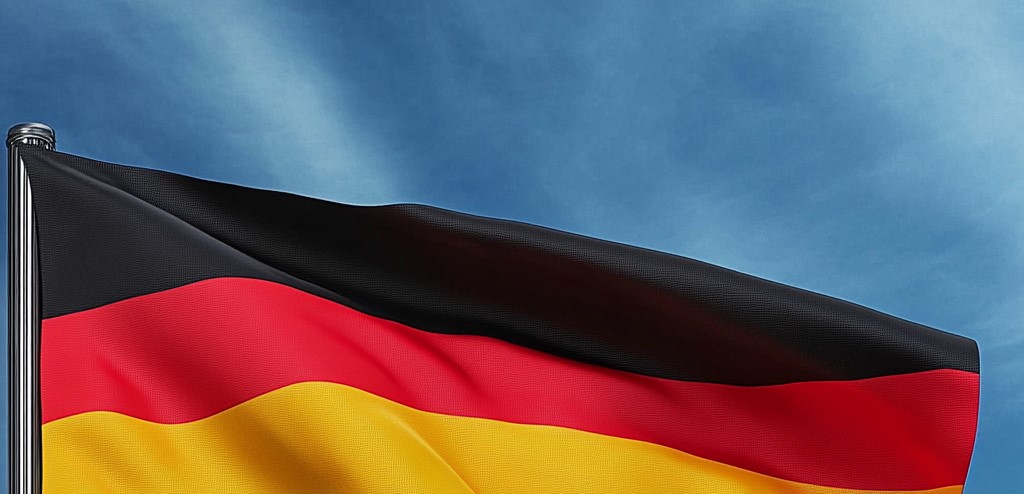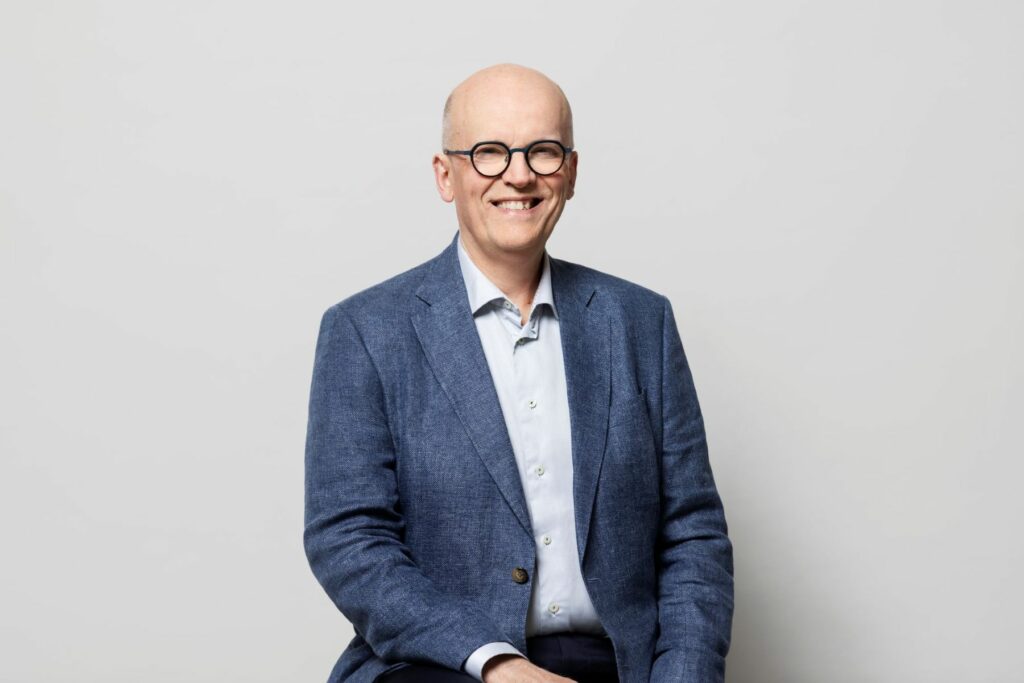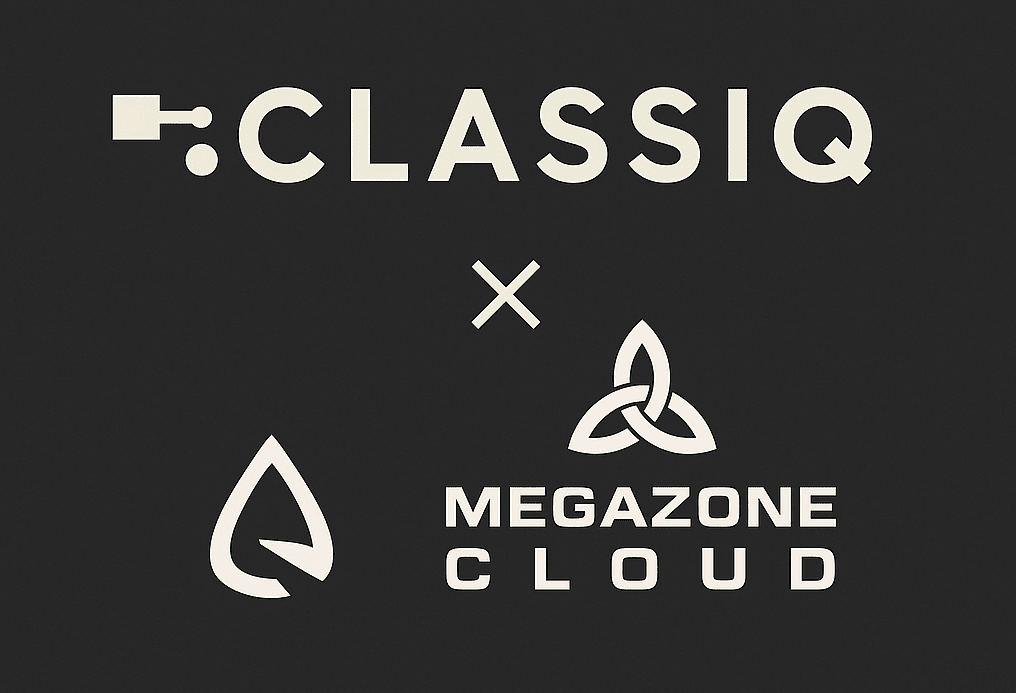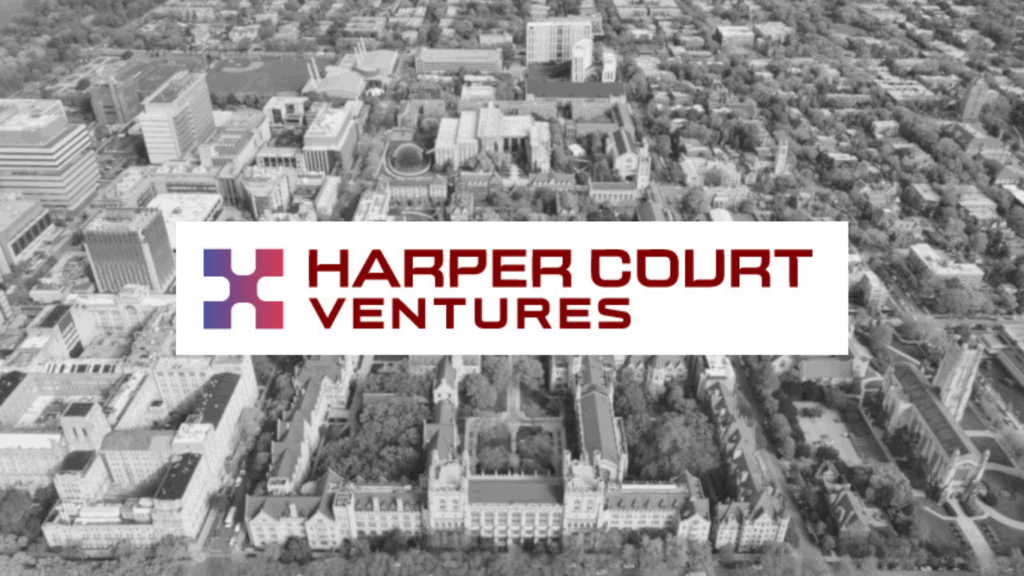Introduction
Germany has a strong presence in the field of quantum computing, with several universities, research institutions and companies actively pursuing research and development in this area, having built on its reputation for more than a century of fine academic work in quantum mechanics. It is clear, from this, that Germany will be a leading player in the years to come.
The Quantum Insider must warn you, however, that as it says in the title, this is a “brief” outline of the quantum tech industry in Germany, and we have only covered a fraction of what is actually going on. If we missed anyone or anything, please don’t take it personally — we’re only human, after all.
Government Position
In 2018, the German Federal Government announced a Framework program to bring quantum technologies to market while also allocating €650 million in funding to its quantum technologies program. The purpose of the program is to establish the framework conditions to prepare for new economic opportunities and markets. Additionally, two years later the German government announced a €2 billion quantum initiative, adding to the EU’s intentions for €1 billion in investment in the sector until 2028.
The German government has also established several research institutions and centres of excellence dedicated to quantum computing and related fields. For example, the Fraunhofer Society has established the Fraunhofer Institute for Applied and Integrated Security (AISEC) to focus on research in quantum cryptography and other aspects of quantum security.

Another of note is The Max Planck Institute of Quantum Optics (MPQ), one of the world’s leading research institutions in quantum optics and quantum information science.
Germany also paid for a quantum computer from IBM (a Quantum System One computer) in 2021. This was IBM’s first quantum computer outside of the US and is also now one of the most powerful in Europe.
In 2022, an order worth €208 million was made by the German Aerospace Center (DLR) for ion trap-based quantum computing, issued as part of the DLR’s Quantum Computing Initiative. Some €740 million is to be provided by the Federal Ministry for Economic Affairs and Climate Action to assist the project. Around 80% of this funding, approximately €600 million, is being used for research and development contracts with companies for various variants of quantum computers, with the rest going to DLR’s own research.
In addition, the German government has invested in the development of quantum computing hardware and software, with a particular focus on building a strong ecosystem of startups and small and medium-sized enterprises (SMEs) in the field.
Overall, the German government is committed to maintaining its position as a leader in the global race for quantum technology, including quantum computing, and is actively investing in research, development and commercialization in this field.
Research
Germany has been active in the field of quantum computing research for several decades, and the country can boast several world-class research universities involved in quantum computing research in Germany.
The Technical University of Munich is one such establishment, having a strong research program in quantum computing, including a focus on the development of quantum algorithms and software, quantum communication, and quantum cryptography.
The University of Cologne is another. It has a research group dedicated to quantum computing, specializing in the development of new quantum computing hardware and the exploration of the fundamental principles of quantum computing.
Let’s not forget about The University of Hannover either, whose research group is focused on the development of quantum computing hardware and the development of new technologies for quantum information processing.
In addition to these institutions and research groups, there are also several companies in Germany that are involved in quantum computing research, including the already mentioned IBM, Google, and Microsoft. These companies have established research partnerships with universities and research institutions in Germany to advance the development of quantum computing technology.
Private Sector
The European multinational aerospace corporation Airbus has a research group in Germany that is exploring the potential applications of quantum computing in the aerospace industry.
In the startup world, Germany has several companies developing interesting IP in quantum technologies. The companies below are a sample and represent a non-exhaustive list:
eleQtron, founded in 2020 and based in Siegen, develops and operates quantum computers based on trapped ions. Its intermediate-scale quantum processors are designed to be optimized for near-term industrially relevant quantum applications.
Founded in 2018 and based in the city of Karlsruhe, HQS Quantum Simulations (formerly Heisenberg Quantum Simulations) provides software for material scientists in the chemical industry and academia that incorporates sophisticated quantum-level models of the properties of molecules and materials, giving researchers deeper insights they need to identify the perfect solution.
Qruise was founded in 2021 and based in Saarbrucken, the startup develops software that helps scientists and researchers use Machine Learning (ML) tools in their day-to-day scientific workflows without having to worry about what’s under the hood.
Key People
Like other countries, Germany has its fair share of luminaries in the industry. Here are a couple of the key people working in the German quantum ecosystem:
One such expert is Christian Pfleiderer, a Scientific Advisor and co-founder of kiutra, a German startup developing next-generation cooling devices for basic research, quantum technology and detector applications.
Pfleiderer holds the chair for Topology of Correlated Systems at TUM and has more than 30 years of experience in low-temperature science at various research institutes worldwide.
Jens Eisert is a professor of Quantum Physics at Freie Universität Berlin, on the Scientific Advisory Board at quantum company Zapata Computing.
Eisert is known for his research in quantum information science and quantum many-body theory in condensed matter physics, making significant contributions to entanglement theory and the study of quantum computational models, as well as quantum optical implementations of protocols in quantum technologies and the study of complex quantum systems.
Another important person in quantum in Germany is Reinhard Ploss, a representative of Quantum Technology & Application Consortium (QUTAC), the German quantum tech consortium. Ploss was awarded his doctorate in engineering in 1990. In 2007, Ploss was appointed to the Management Board of Infineon Technologies AG, where he was responsible for Operations. He subsequently held the position of Chairman and CEO from 2012 until 2022.
Ploss has chaired the Supervisory Board of Knorr-Bremse AG since May 2022.
Conclusion
Overall, Germany is well-positioned to be a strong player in the development of quantum computing technologies, with a strong research infrastructure and a highly skilled workforce.
Quantum Intelligence Platform
This is only a basic overview of what is happening in Germany in the quantum tech industry. Want to find out more about the German quantum ecosystem? For a more in-depth look at the market there, look no further than The Quantum Insider’s very own Quantum Intelligence Platform, the leading provider of Quantum Computing market data, reports, analytics, and insights on QC companies, investors, funding, and more.
Based on our proprietary taxonomy and customizable metadata, the platform allows you to find robust funding commercial information that can be filtered by subsector and technology type while being effortlessly integrated into The Quantum Insider’s database of news and information on the Quantum Computing industry.
But that’s not all, recently we added our Data Graph Explorer, a tool that allows those interested to spot interesting relationships and connections in the quantum market and make decisions based on those relationships.
Featured image: Image by Brigitte Werner from Pixabay
If you found this article to be informative, you can explore more current quantum news here, exclusives, interviews, and podcasts.

















